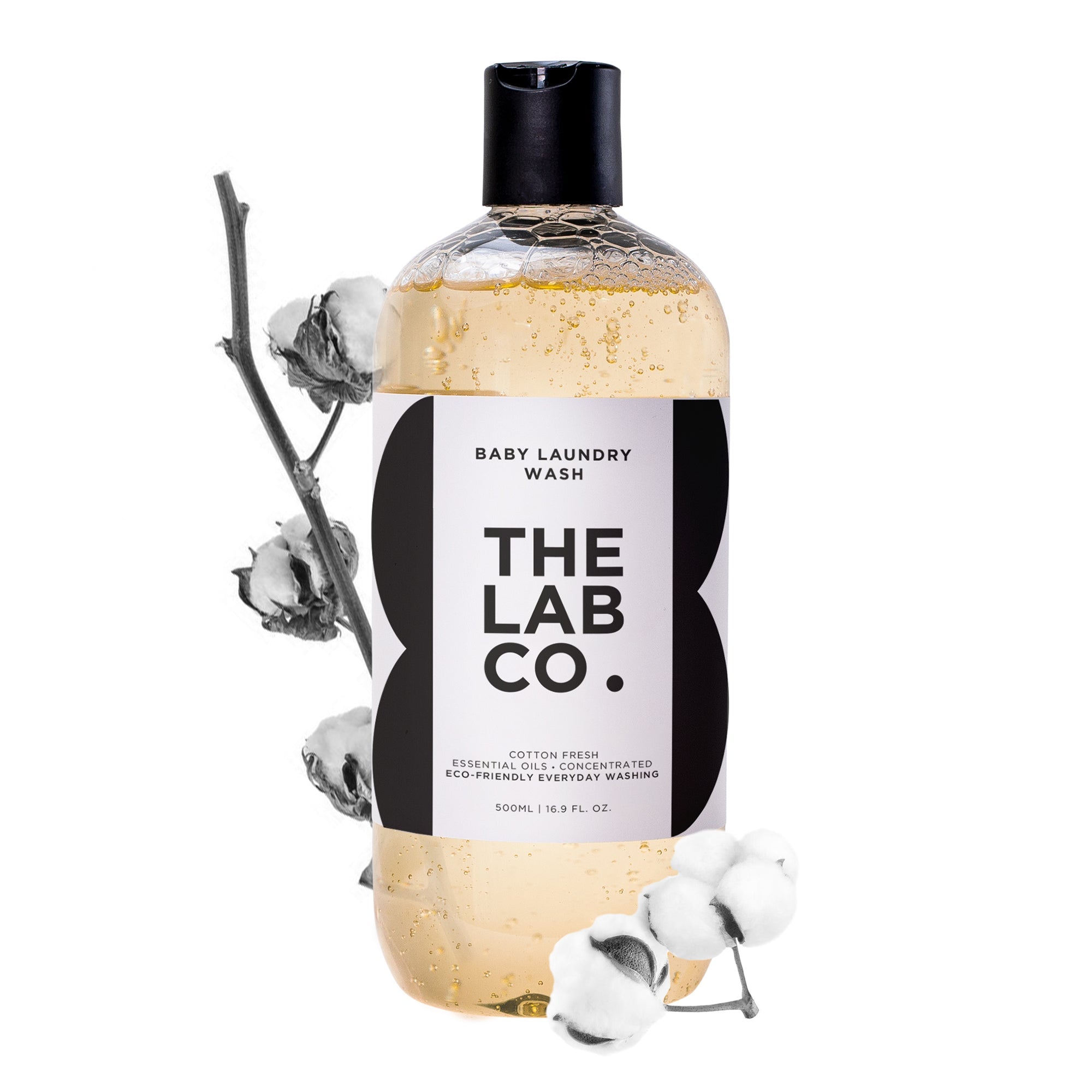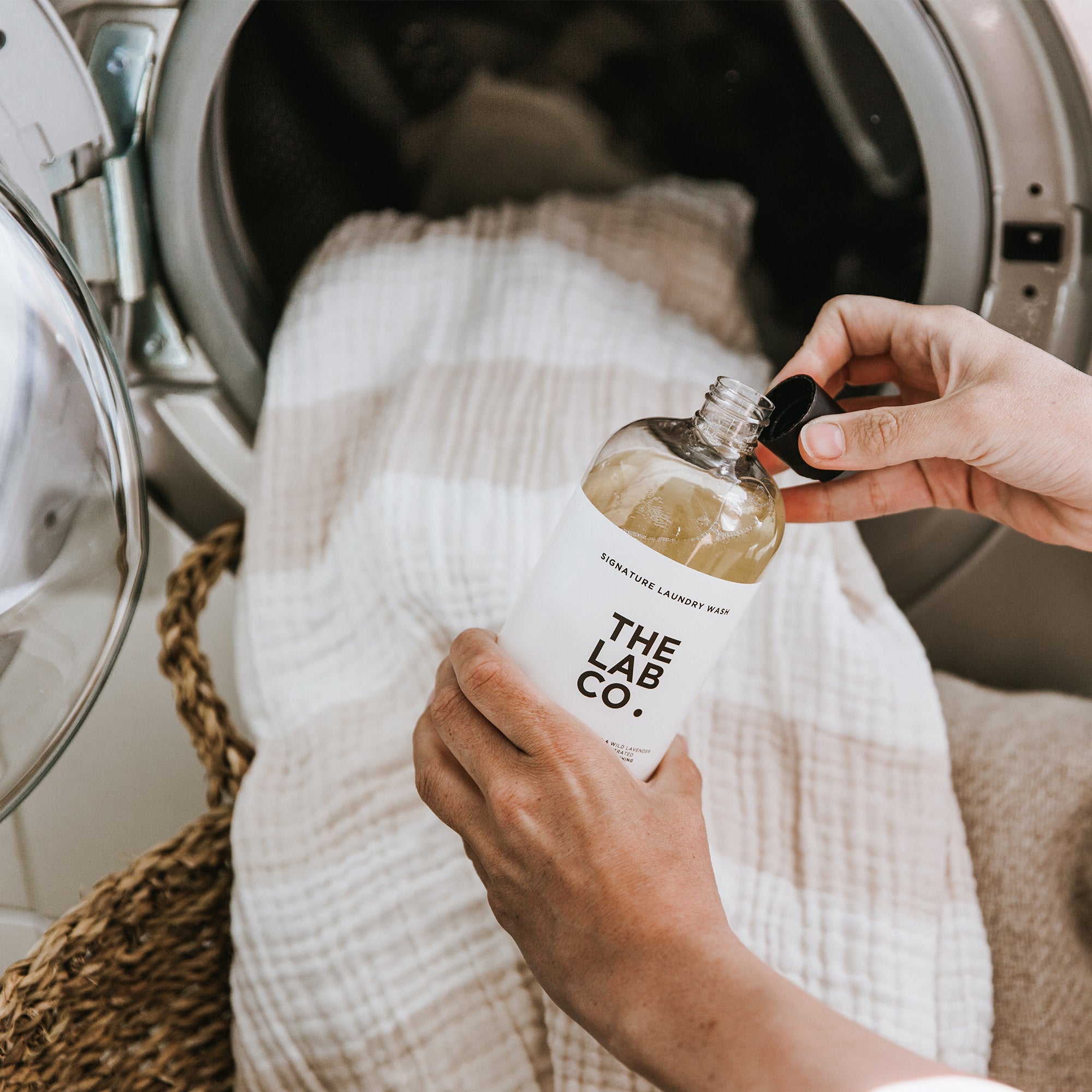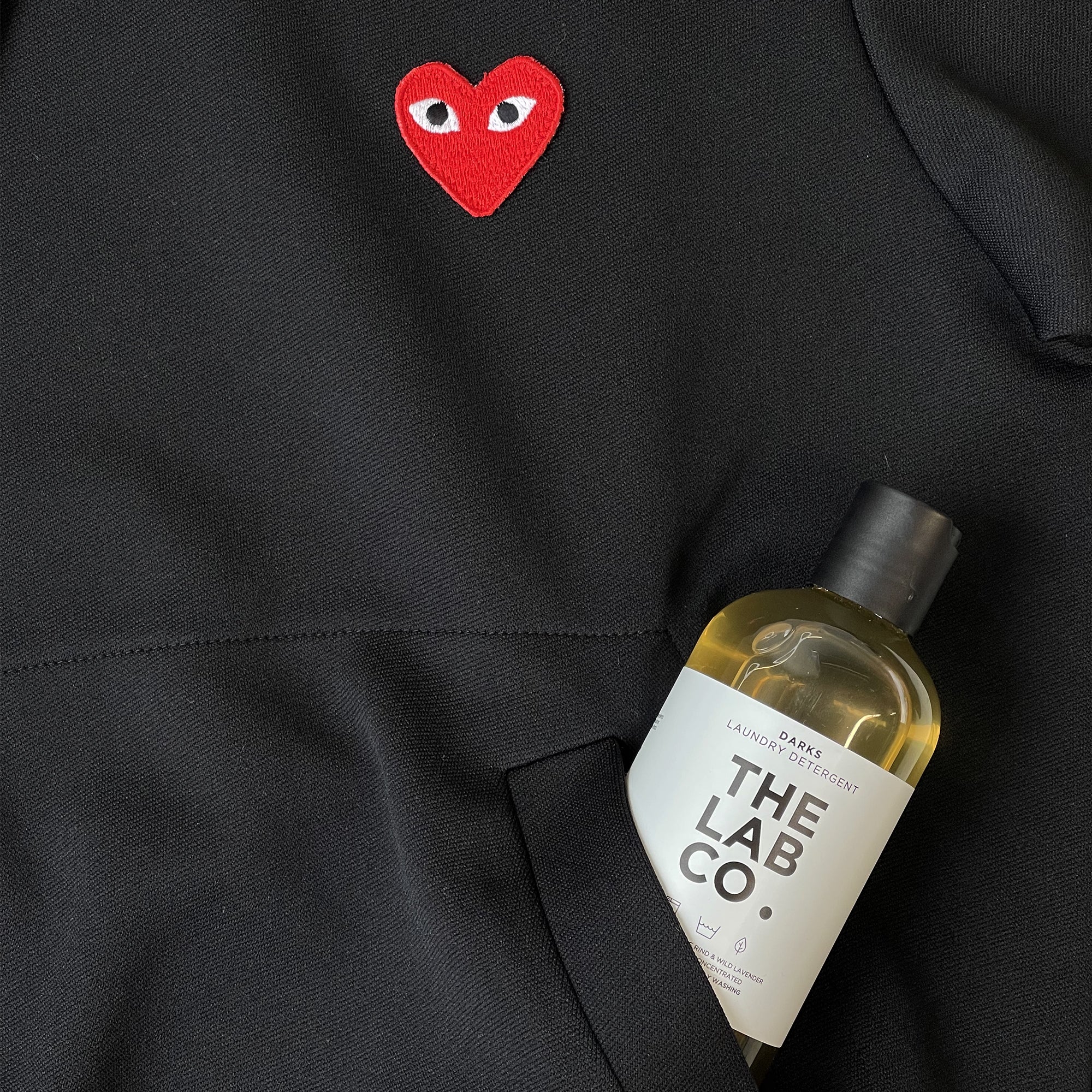
How to Wash Baby Clothes
Every year in the UK more than 681,000 babies are born! This is an exciting time, but it can also be expensive.
On average, new parents spend nearly £1,000 on baby clothes in the first year alone. Knowing how to wash baby clothes properly will ensure yours stand the test of time and can be used for future babies or sold.
It can be extremely challenging for parents to know how to care for baby clothes due to their delicate and sensitive skin that can be irritated by bio detergent. Read on to find out the tips on washing baby clothes.
When to Wash Baby Clothes
In the first year of your baby's life, it will feel like you spend a lot of time washing your new baby’s clothes. They have incredibly sensitive skin and weaker immune systems so keeping them in clean clothes is very important.
Of course, any clothes that get messy or soiled need to be removed and washed as soon as possible. Any other clothes should go in the wash at the end of the day, so your baby is always wearing clean clothes. Saving this for one given day is a great way to contain the laundry tasks!
Washing your baby's clothes regularly using sustainable and specialised detergents will mean they stand the test of time and are gentle on your baby's skin.
Additionally, it’s important to wash new baby clothes before your baby wears them. The journey of a garment between the manufacturing warehouse and your hands can be a long, and dirty one. An interesting fact: our newborn’s skin is an incredible 50% thinner than yours! With such delicate skin to protect, it’s important to make sure everything your baby wears is as soft and clean as possible.
What To Wash Baby Clothes With
When washing your baby’s clothes, we recommend opting for a non-bio option. Biological detergents often include active enzymes that are prone to causing irritation.
What Temperature To Wash Baby Clothes
Our general temperature recommendation is to wash your baby’s clothes at 30 degrees for an effective clean.
How to Wash Baby Clothes by Hand
Some of your baby's clothes may require hand washing instead of machine washing. This usually depends on the material they're made of. Cashmere, for example, often requires hand-washing.
Step 1: Wash and disinfect your hands and the washbasin before you start cleaning your baby's clothes.
Step 2: Make sure that the temperature of the water isn't too hot. Extreme heat can damage delicate baby clothes.
Step 3: Soak your baby's clothes for around thirty minutes before you start washing them in hot or warm water (depending on the material you are working with.)
Step 4: Find a baby laundry detergent that is eco-friendly and non-chemical. This will be gentle on your baby's sensitive skin.
Step 5: Soak your baby's clothes in warm water without detergent after you have washed them.
Step 6: Let your baby's clothes dry naturally, ideally in sunlight. You should never put damp clothes on a baby as this can cause infections.
How to Wash Baby Clothes in the Washing Machine
Here's what you need to do when machine-washing your baby's clothes.
Step 1: Always wash your baby's clothes separately from yours before you wash yours. That way any bacteria from your clothes won't be left in the machine.
Step 2: Wash off any excess dirt. You may want to scrub stains to disinfect them.
Step 3: Pre-soak your baby's clothes in 35-degree water with a non-bio baby detergent. This will help to get stains out when washing baby clothes.
Step 4: Wash your baby's clothes at 30 or 40 degrees. Some machines also have a baby-clothes-friendly setting that you can use.
You can machine dry your baby's clothes if the labels say this is safe. Otherwise, hang them up to dry in sunlight and ensure they're fully dried before putting them away.
Give Your Baby the Best
As you can see, knowing how to wash baby clothes ensures that your baby always gets the best and that their clothes last. Keeping these tips in mind will do just the trick!
For more help taking care of your baby's clothes, take a look at our non-bio baby detergents. For those with gentle skin, we recommend opting for our non-bio, zero-fragrance laundry strips.



